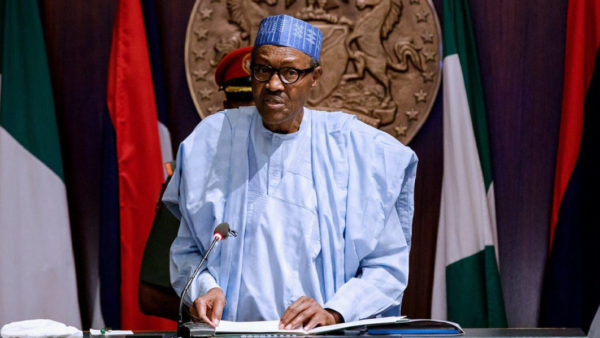London-based magazine, The Economist has said the first tenure of President Muhammadu Buhari had only left the Nigerian economy “stuck like a stranded truck.”
The magazine stated this in its publication, which was posted on its website on Thursday, noting that average incomes fell during the four-year period covering 2015 to 2019.
Taking into account the analysis of the International Monetary Fund (IMF), the report claims that the average income of Nigerians “will not rise for at least another six (years).”
It partly read, “The Nigerian economy is stuck like a stranded truck. Average incomes have been falling for four years; the IMF thinks they will not rise for at least another six (years).
“The latest figures put unemployment at 23 per cent, after growing for 15 consecutive quarters.
“Some 94 million people live on less than $1.90 a day, more than in any other country, and the number is swelling.
“By 2030, a quarter of very poor people will be Nigerians, predicts the World Data Lab, which counts such things.”
According to the Economist, the naira was overvalued because the government had spent decades neglecting basic public goods such as roads, schools and electricity.
READ ALSO: “Okorocha is now in a political pit” – Uzodinma
It said, “Where urgency is needed, Mr Buhari offers only caution. Few are holding their breath for any more drive in his second term, which began on May 29th.
“Yet officials are postponing a crisis, not averting one. Consider borrowing. The debt-to-GDP ratio is 28 per cent, but Nigeria collects so little in tax that interest payments swallow about 60 per cent of federal revenues.”
The Economist said that public finances would be healthier if the government raised the price of fuel, which at the moment, is imported by the Nigeria National Petroleum Corporation (NNPC) and sold on at a loss.
“Politicians are scared to end the subsidy. An attempt to do so in 2012 led to massive protests.
“Although the government has expanded the school-feeding programme and is working on a safety net for the poor, most citizens get few benefits from the state,” it added.
For Nigeria to prosper, it said the government should harness the potential of its 200 million citizens, which are often ignored except when politicians needed votes.



Leave a Reply